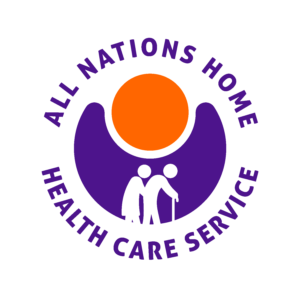Rules & Responsibilities
Operating a home and healthcare service in Ghana entails adherence to various constitutional provisions and statutory regulations that govern healthcare delivery, professional conduct, and patient rights. Below is an overview of the key legal frameworks and responsibilities relevant to your operations:
1. Ghana Health Service and Teaching Hospitals Act, 1996 (Act 525)
This Act establishes the Ghana Health Service (GHS) and outlines its functions, which include:ghanalegal.com+3Leap+3Ministry Of Health+3
Implementing national health policies.ghanalegal.com+1Government of Ghana+1
Ensuring access to health services at various administrative levels.ghanalegal.com+1Leap+1
Promoting healthy living and good health habits.ghanalegal.com+2Ministry Of Health+2Leap+2
Healthcare providers are expected to align their services with the objectives and guidelines set forth by the GHS. ghanalegal.com
2. Public Health Act, 2012 (Act 851)
This Act provides a comprehensive framework for public health in Ghana, including:
Patient Rights: Ensuring patients have the right to quality basic health care, informed consent, and confidentiality.
Health Promotion: Mandating the promotion of public health and prevention of diseases.
Regulation of Health Services: Establishing standards for the provision of health services and the operation of health facilities.
Compliance with this Act is essential for maintaining the legality and ethical standards of healthcare operations.
3. Health Professions Regulatory Bodies Act, 2013 (Act 857)
This Act establishes regulatory bodies for various health professions, such as:WIPO Lex+3Scribd+3ghanalegal.com+3
Nursing and Midwifery Council: Regulates the training and practice of nursing and midwifery.
Medical and Dental Council: Oversees the standards for medical and dental practitioners.
Healthcare providers must ensure that their professional staff are duly registered and comply with the codes of conduct and practice standards set by these bodies.
1. Right to Health Care
The 1992 Constitution of Ghana enshrines the right to health care for all citizens. Article 34(2) mandates the state to ensure that every citizen has access to health care services. This underscores the responsibility of healthcare providers to deliver accessible and equitable services.
2. Non-Discrimination
Article 17 prohibits discrimination on grounds such as gender, race, religion, or social status. Healthcare services must be provided impartially, ensuring that all individuals receive fair and equal treatment regardless of their background.
3. Rights of Vulnerable Groups
The Constitution provides special protections for vulnerable populations:ghanareview.com
Children: Article 28 emphasizes the right of children to health care, mandating that no child shall be deprived of medical treatment.ghanareview.com
Persons with Disabilities: Article 29 ensures that persons with disabilities are protected against all forms of discrimination and are entitled to equal access to health services.ghanareview.com
To operate within the legal framework of Ghana’s healthcare system, your organization should:
Ensure Professional Accreditation: All healthcare personnel must be certified and registered with the appropriate regulatory bodies.
Maintain Patient Confidentiality: Implement strict data protection measures to safeguard patient information.
Adhere to Ethical Standards: Provide care that respects patient rights, including informed consent and non-discrimination.
Comply with Health Facility Regulations: Obtain necessary licenses and ensure that your facilities meet the standards set by the Ministry of Health and other regulatory authorities.
Engage in Continuous Training: Facilitate ongoing professional development to keep staff updated on best practices and regulatory changes.
